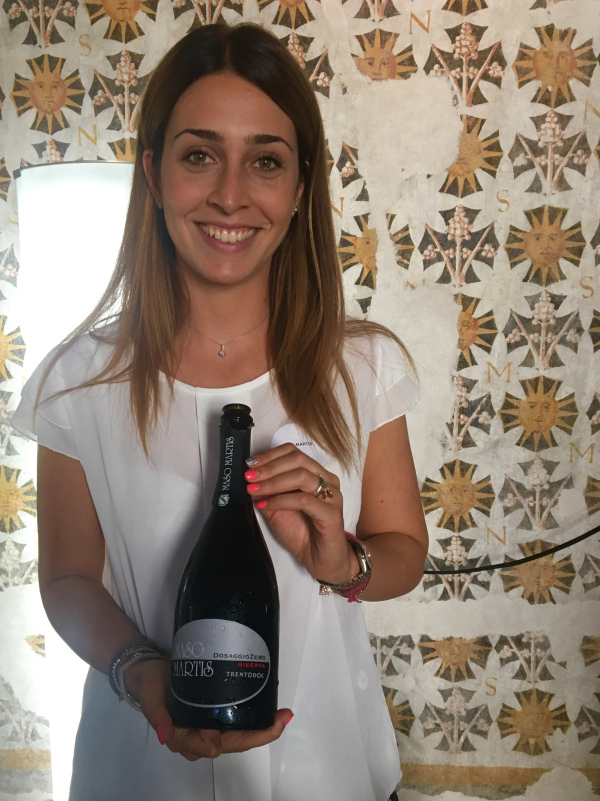
What is a ‘Good Wine’?
Good question.
Not difficult to answer:
It’s whatever you like.
Simple.

Tasting different wines over time is like visiting different countries, or learning fresh phrases in another language or exploring country or city roads around where you live. It’s like getting to know a neighborhood or building a house or writing a book or riding a bicycle. The more you do, the more familiar you become with the process and the entire landscape of that activity. Over time drinking different wines, you experience different tastes and styles and strengths; you tune into more details and understand the bigger picture of that entire agricultural industry.

In time you may find that the plonk you once adored now tastes a bit one dimensional and lame. That wine you slugged back as a teenager that gave you a cracking headache the next morning? You realize it never even tasted that good.
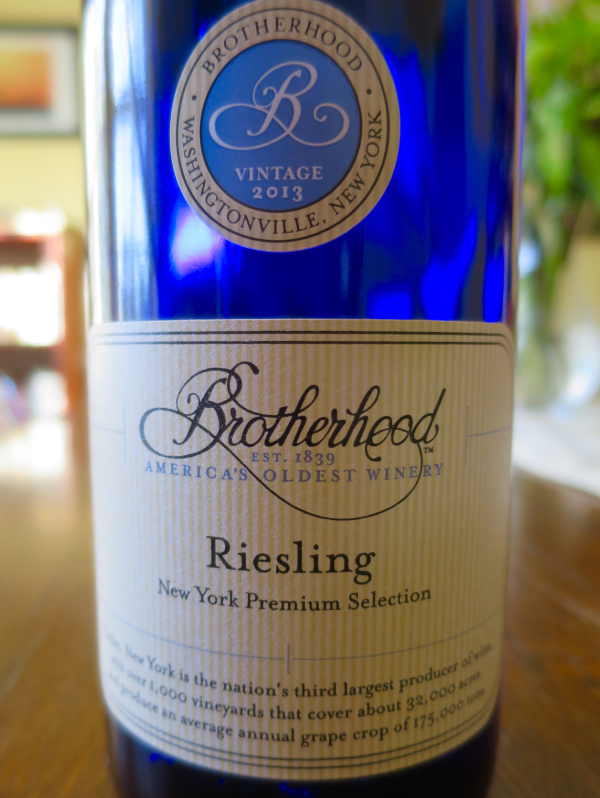
As with reading or traveling or cooking, after time sampling different wines you grow hungry for more variety and exploration. The greater range of wines you drink, the more you also appreciate different levels of quality.
If I drink wine and think about it (does not always happen) I look for three basic levels of quality.
First—is the wine balanced? Unbalanced means there’s a dominance of some characteristic that’s not very pleasant, or is only appreciable in small doses. Balanced means that the different components—including fruit and tannin and alcohol—meld together in your mouth in a way that is at least pleasant. You won’t wince.
That’s a good baseline for a decent wine: balance.
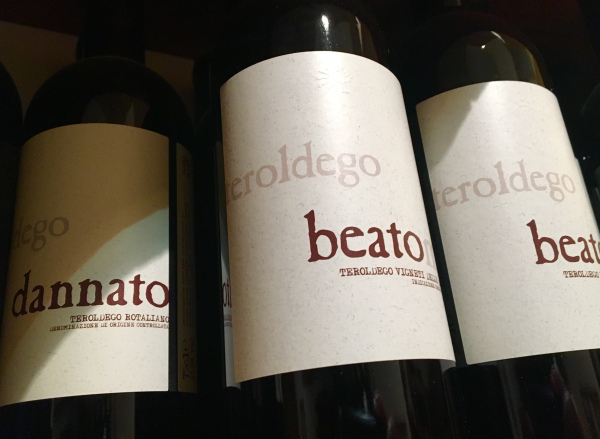
Second—complexity and/or coherence. Complexity means that that taste of a wine has different layers, or levels. It’s like a movie that has a subplot, or at least a few unexpected surprises. Or, imagine you go to a party and meet not only friends you know, but intriguing or funny or memorable new characters who make you laugh or think differently or provide fresh information or viewpoints. Complexity is like having a dinner course with multiple flavors and even textures—creamy risotto as well as crunchy green beans and maybe even succulent sweet baby carrots. Think layers, surprise and exploration.
Coherence means that even if complexity is lacking, there’s strength of character in one aspect of that wine that pleases you and commands attention. It’s like going to a party and there’s a stage show and the comedian or singer or magician completely captivates your attention. It’s like reading a book where the plot may be thin, but the central character dazzles, or at least attracts and pleases you.
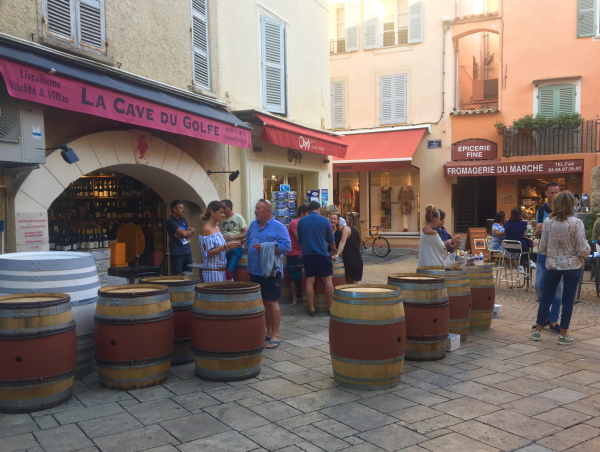
For example, it may be a simple New Zealand Sauvignon Blanc wine with a dominant and intriguing grapefruit character. Or the peppery snap of a well made wine from Carmenere grapes. It could be the beautiful and fruity roundness of a specific, gorgeous Merlot. ‘Coherence’ is a word I’ve adopted regarding wine to mean one memorable, focused aspect that makes you concentrate and perhaps even mentally applaud.
Complexity and coherence together are also possible: imagine going to that party, meeting fresh faces and also enjoying the stage show. It’s like eating a dinner where you not only appreciate the delicacy of that lemon sole—which captivates your attention—but are also mesmerized by that mint chocolate chip ice cream dessert that follows.
If a wine is balanced, and also has complexity or coherence, you should be a happy individual—smiling and satisfied.
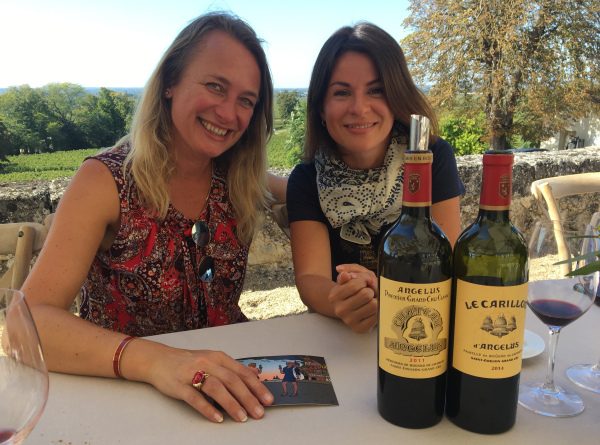
The third level is emotion. You won’t get this very often, but when you do it’s memorable.
Let’s say a balanced and complex wine—even before any of the alcohol impacts you—makes you experience emotions you did not expect: joy or sadness or euphoria or whatever causes a flood of feelings to course inside. If wine tickles memory or jostles feelings which make you feel giddy or unusually high—that’s a bonus.
I recall sitting in the wine bar L’Univerre in Bordeaux City and sipping red Burgundy with a friend and being so blown away with the scent and taste that I wanted to get up and walk to other tables and clap strangers on the back and insist they sample the liquid nectar in my glass. Fortunately, my drinking companion convinced me that was not a wise idea. But the emotions caused by that wine? Outrageous.
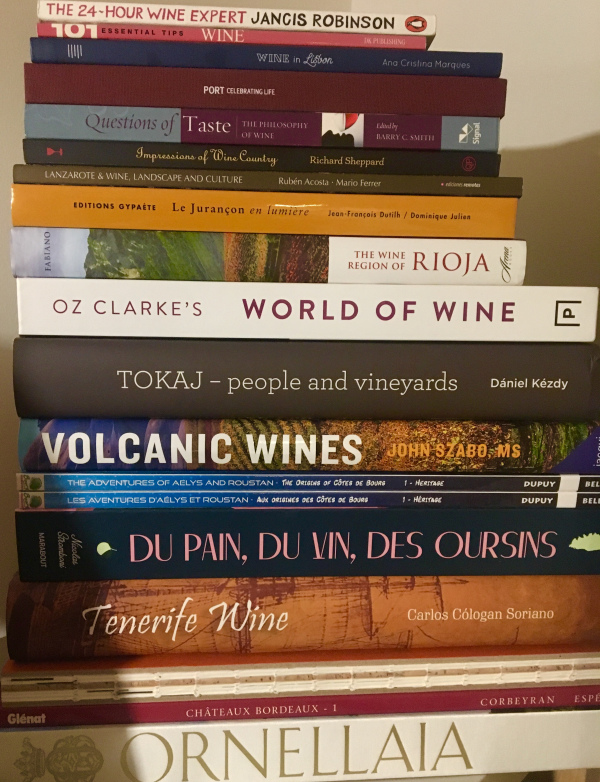
Emotion is when you go to a party, perhaps unexpectedly, and fall in love. It’s like watching a movie that makes you cry or laugh or decide to alter the fundamental trajectory of your life. It’s having that unexpected meal—quite likely in a small tavern in a tiny town you never heard of before and only stopped in because you got a flat tire—and being blown away by the medley, the gastronomic chorus, of different flavors from that plate.
That’s what I look for in wine, if making a mental effort to ‘look for’ anything. Plenty of wine is unbalanced (including some expensive bottles made by supposedly ‘renowned’ producers). If I just find balance, that’s great. That’s enough. That’s contentment. Throw in complexity/coherence, and that’s a treat. That’s special. That’s bonus and pleasure, and probably even involves sharing good times with friends.
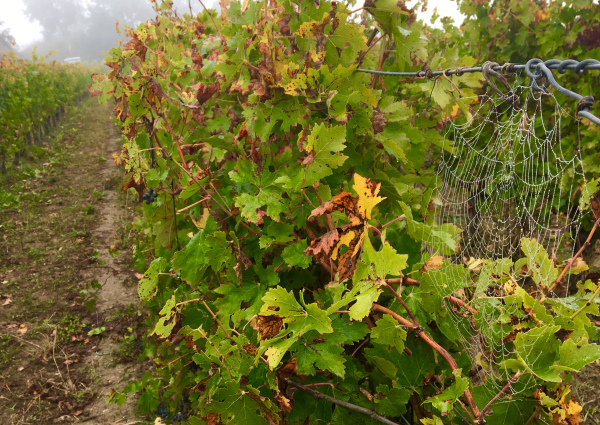
Emotion? That’s a jackpot. That is spotting, for the first time ever, that lovely woman seated inside the café working with pen and papers by her mug of tea and realizing she is intensely beautiful and attractive to you, although she is unaware that you even exist. It is meeting that individual introduced to you on a train platform on some rainy day when your mind was filled with complaints about not wanting to be there and hating the fact that you forgot your umbrella when suddenly the world—on encountering that friend of a friend when you least expected it—transforms to lightness and beauty, uplifted by this magical new individual who just blasted into your life.
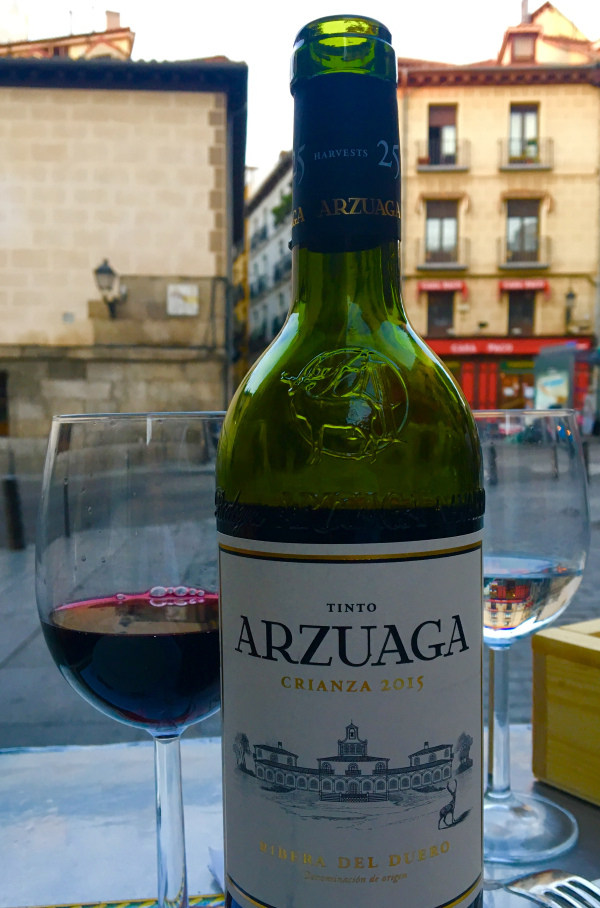
Finally, one of the beauties of wine is unpredictability. Whereas you want one brand of beer to taste the same year to year, bar to bar, throughout the world, you want the opposite in wine. Even a wine made from grapes from the same vines each year by one producer will change in taste from vintage to vintage, year to year and bottle to bottle. The taste will also change depending on your mood and the weather, as well as the company you keep.
Which means, and this is an odd thing to say and even odder to realize, that sometimes—not often, but sometimes—you may find a wine that is not necessarily balanced or even complex but that, because of the situation on that sunlit autumn afternoon on that grassy hillside beneath an oak tree with a picnic and a blanket and wonderful company—still provides powerful and memorable emotions you can never replicate. Sometimes, in other words, the highest levels of quality in wine may unexpectedly emerge from a wine that until then was unknown, not renowned and until that moment never before mentioned as remarkable. Perhaps it’s a special vintage, or the angle of sunlight, or …. well, who knows.
That only happens sometimes.
Which is part of the magic of wine.
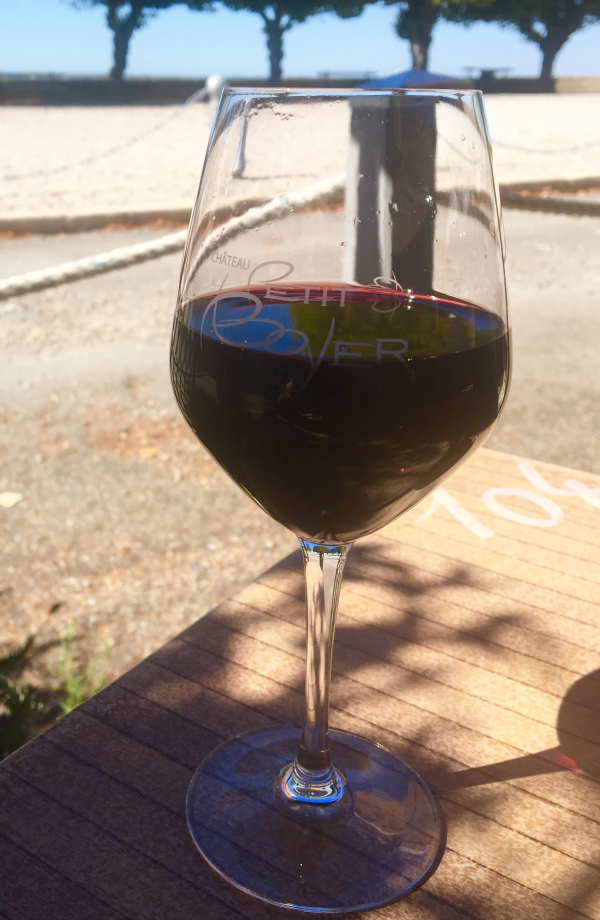
& & &
Now, visitors.
Remember weeks ago I wrote a three part series about driving a loop through south west France? There was Part l, Part II and Part III.
I did it as a way of saying goodbye to travel writing. I had always wanted to write books like those from travel writer Paul Theroux or Laurens Van Der Post or William Least Heat Moon. But I wrote a few travel books (self-published, and listed here) which never generated too much interest. So, I decided to do that little trip and write that little piece as a way of saying goodbye to travel writing.
Which I did.
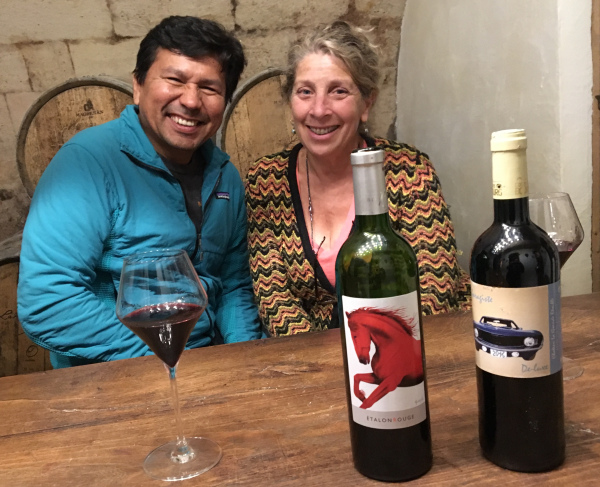
And then, weeks later, out of the blue, a woman named Susie from New Jersey got in touch. She’d read these pieces. She said she wanted to visit France with her boyfriend Davide and do the same journey. Sure, I thought. Whatever. I never expected to hear anything more.
But they did! They showed up in the town Blaye, then drove that route up to Soulac-sur-Mer and spent a few evenings with me drinking red and white wines in our cellar and in a local restaurant and telling stories of travel and exploration. They said, keep writing, keep the ‘dry wit’ and to make my email address more conspicuous on this blog. That was a most unexpected surprise! They also ended up sharing novelties they learned about our own neighborhood, as well as that of nearby Saint-Émilion.
Sometimes only after you say goodbye to things does their very essence return. This may even encourage you to modify your direction a bit, then continue forward. There are no rules in life, and until we embrace that truth, our vision and opportunities will be limited.
& & &
My latest Forbes pieces are here and include more articles about sailing than wine in recent weeks, after a recent visit to Saint-Tropez.
[wpvideo 9PzPJdi2]
[In the above video – Clarissa and Monica work hard at the harvest]
Our hand harvest of all Etalon Rouge Cabernet Sauvignon grapes was completed after 2.5 days of grueling effort (thanks to all who helped out, including Kim and Julie Hopkins, Monica, Pierre, Sonya and Thomas Marchand and many others). The new winery that Les and Clarissa undertook to prepare on Rue Saint Simon in Blaye is completed, spectacular, and now includes grapes merrily fermenting in oak.
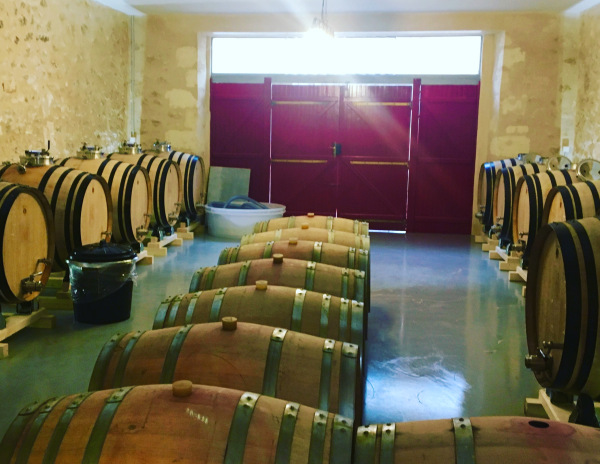
Thanks again for tuning in!
Contact me anytime at: tjlmullen@gmail.com
You can also find me on Instagram or at my Roundwood Press site and blog.
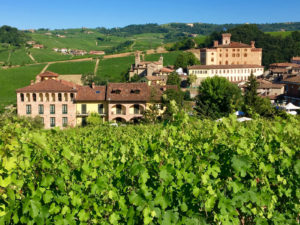
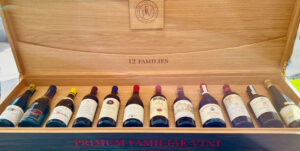

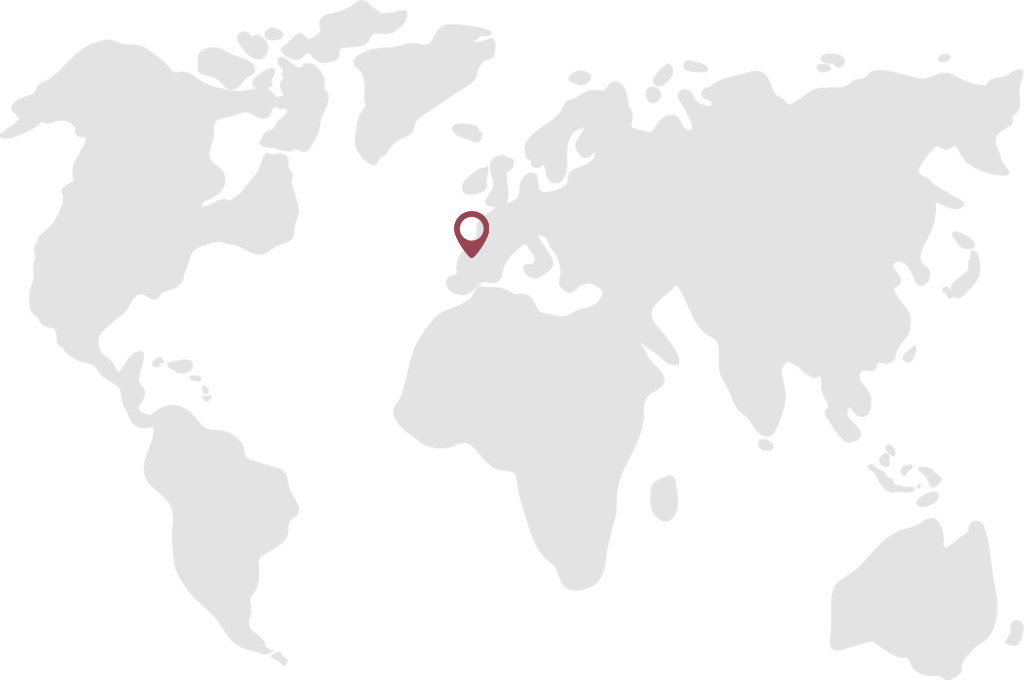
Anonymous
23 Oct 2018Excellent article!
vinoexpressions
24 Dec 2018Thank you!